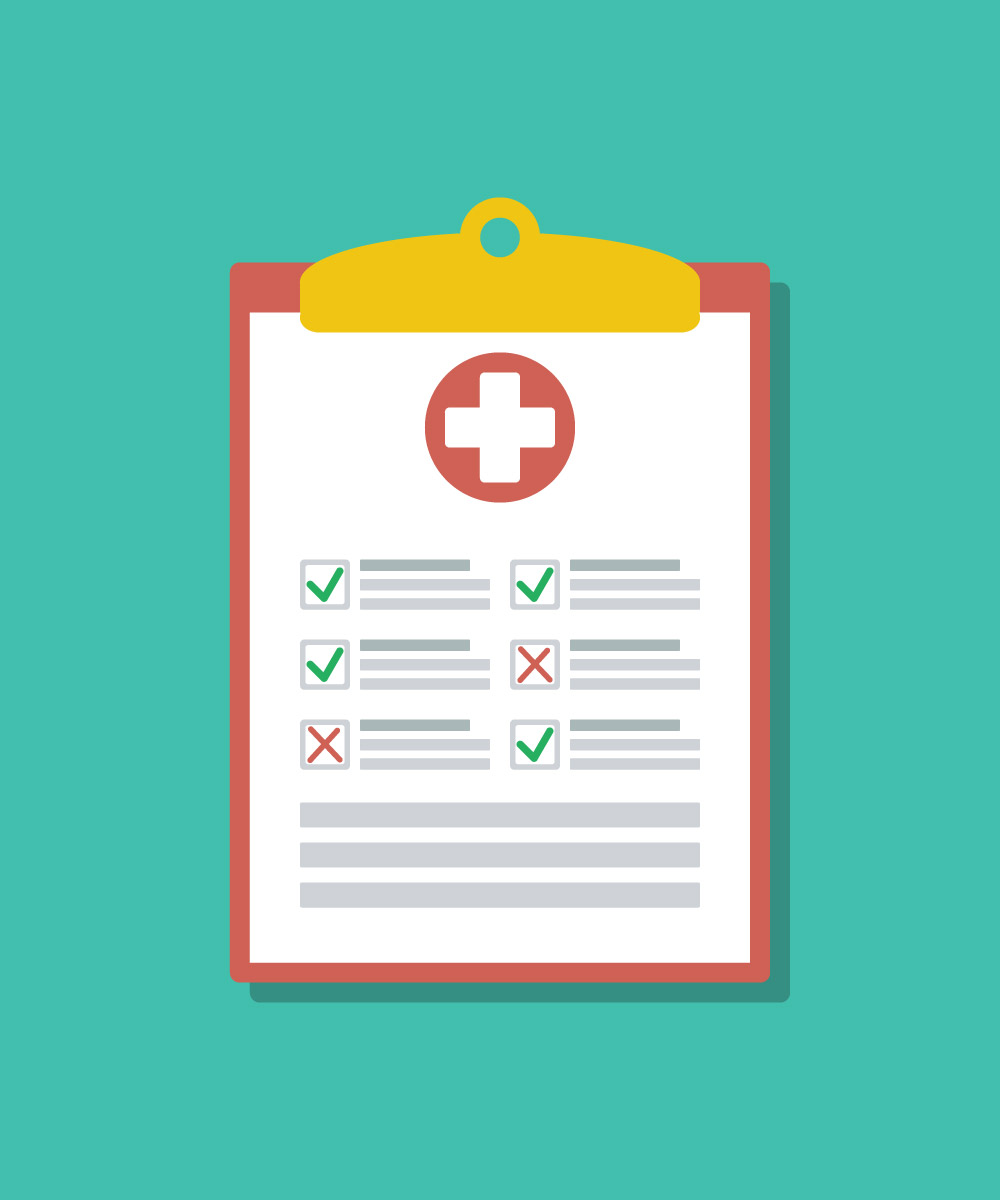Prescription Drug Addiction Treatment & Rehab
Prescription drugs including benzodiazepines and opiates can be abused and relied upon to ease problems other than for its intended use. If you or a loved one has an addiction to prescription medication, detecting the warning signs can help you seek the appropriate treatment including rehabilitation and a supportive recovery programme.
- Understanding Prescription Drug Addiction
- Recognising the Signs of Prescription Drug Abuse
- Why Prescription Drug Addiction Treatment is Important
- How does Rehab for Prescription Drug Addiction Work?
- Which Prescription Drugs Require Rehab?
- Inpatient Rehab VS Outpatient Services
- Choosing a Treatment Centre
- Before Attended Rehab
- Frequently Asked Questions
Understanding Prescription Addiction
Illicit drugs are widely associated with addiction but the growth rates of prescription drug abuse and addiction simply cannot be ignored. While the use of a drug doesn’t simply lead to addiction or constitute abuse, it is the consequences of drug use that determine a problem with abuse or addiction.
Prolonged use of prescription medication can lead to tolerance, dependence, and addiction. Even when used as prescribed, the medication that no longer produces the same effect as its initial use is taken in larger doses (HelpGuide). This is what creates tolerance. As it causes changes in the brain or central nervous system function, the body becomes dependent on the substance. The more you depend on the drug, the greater the risk of addiction.
When exploring prescription drug abuse and addiction, we must remember that it is not so much the amount of the drug that is used but rather the complications it creates and its continued use despite the problems it causes in physical and mental health.

Recognising the Signs of Prescription Drug Abuse
Prescription drug addiction is about the problems it causes. Someone can take prescription pills for pain or take sleeping pills for a chronic condition but the potential for abuse and development of addiction will depend on individual factors including the impact of drug use on the mind and body.
Prescription drug addiction can develop when taking more than the prescribed dose, by fulfilling the prescription without the authorisation of a doctor, and by increasing the intended dose over time. As tolerance develops and individuals become more dependent on the drug to achieve its effects, changes can occur such as neglecting general responsibilities, problematic relationships, and participating in risky behaviour despite acknowledging these risks. It is about reliance on the drug despite the negative consequences that it creates in one’s life and well-being. The greater the dependence on the drug to function, the higher the risk of developing tolerance and an addiction to prescription drugs. While prescription drug abuse can act as a catalyst for an addiction, it requires careful consideration of individual factors.
Why Prescription Drug Addiction Treatment is Important
Drugs like benzodiazepines and opiates can create significant health complications over time. Opiates can create a dependency in less than a month of use with risk of side effects and the potential to cause self-harm or injury to others. Benzodiazepines including anti-anxiety medication can cause prolonged drowsiness while barbiturates (sedatives) can lead to an overdose (The Recovery Village). Stimulants have a similar effect to cocaine in which appetite is suppressed and increased heart rate experienced.
If you or someone you know is affected by prescription drug addiction, seeking treatment can prevent many unwanted side effects including the health risks it places on mental and physical well-being. The prolonged use of prescription medication can cause liver and kidney damage, weight loss or weight gain, changes in mood, lack of motivation and personality changes. There is also a risk of overdose and death. With the right recovery plan, prescription drug addiction can be overcome.
How does Rehab for Prescription Drugs work?
Rehab for prescription drugs start with a detox at a private rehab facility. Individuals will undergo a prescription drug detox in which the use of medication is reduced and stopped. During this stage of treatment withdrawal symptoms occur. Fortunately, residential rehab offers therapy and support for those who are working towards overcoming drug dependence.
Therapy as part of an inpatient programme typically lasts between 28 to 90 days. Individuals who have successfully completed a residential rehab have the option of pursuing an aftercare programme which is separate from the inpatient treatment. Aftercare is an outpatient support programme while secondary treatment consists of private therapy provided by a therapist, group therapy, and independent living and support services.
Enter your phone number below and one of our qualified addiction specialists will get in touch to discuss your options.

Medical Assessment
Clients will receive a medical assessment to understand drug use over time. The purpose of the assessment is to detect pre-existing medical conditions. A medical condition or suspected psychological condition is recognised as a dual diagnosis. It will require a fully tailored treatment programme for the client to manage the substance dependence and the underlying condition.
If pre-existing conditions are not treated, it will simply compromise the success of the intervention and any efforts applied thereafter. A medical assessment is performed by a GP or a qualified counsellor using the appropriate screening tools.
Detox
A prescription drug detox is the process whereby the use of the drug is slowly reduced and stopped. During detox, clients will experience withdrawal symptoms. Withdrawal is the body’s attempt to adjust to the absence of the drug or substance. It can cause discomfort; however, with the support of experienced rehabilitation and drug treatment staff, withdrawal symptoms can be managed.
The first stage of recovery is detox. For individuals to pursue a healthy life and quit reliance on prescription medication, the presence of the drug in the body must be controlled and removed. Only then can one work towards balance and health.
Rehabilitative Therapy
The core of addiction treatment and recovery is rehabilitative therapy. Rehabilitation from prescription medication involves counselling in which deep-rooted issues such as trauma, anxiety, past abuse, and depression are uncovered. There are different types of therapeutic modalities that are part of the rehabilitation process:
Cognitive Behavioural Therapy (CBT)
CBT is a popular therapy for drug abuse and dependence. It helps individuals identify, reorganise, and change unhelpful behaviours that are maintaining an addiction to drugs. It helps individuals identify risk factors and introduces ways of coping to prevent relapse.

Dialectical Behaviour Therapy (DBT)
DBT is adapted to individual therapeutic needs but focuses on treating underlying personality disorders. It teaches individuals how to overcome cravings, and encourages healthier coping strategies.
The 12 Step Model
The 12 step programme is a traditional approach that is included in rehabilitation settings. Individuals will follow a structured programme in which a spiritual and individual foundation is created to cope with the temptation and risks of drug-dependent behaviour.

Aftercare & Family Support
Most rehabs will offer private aftercare and support for families free of charge up to a year. An important part of a healthy psychological recovery is to ensure that family receives the guidance to cope with the recovery process including professional support to manage the stress and the difficulties of trying to help a loved one with prescription drug addiction.
Which Prescription Drugs Require Rehab?
Prescription drugs including benzodiazepines, opiates, stimulants (such as amphetamine) and sleeping pill addictions can all be treated as part of a recovery programme within a private rehab. Each drug will require a unique recovery plan that includes consideration of individual factors. Therapy focuses on the underlying reasons for drug dependence, the impact it has on individuals, and the steps clients can take to overcome addiction. Drug dependence is best treated with an individual approach that is supportive and caring.
Advice on Inpatient Rehab VS Outpatient Services
Prescription drug addiction is treated in an inpatient (private setting) or as part of an outpatient programme. An inpatient service assigns individuals to a recovery programme in which they remain at the centre for the duration of treatment. While in treatment, individuals undergo detox and the management of withdrawal symptoms. Inpatient services include round the clock access to a professional therapist. Therapy is a crucial part of overcoming drug addiction.
An outpatient service does not involve staying over at a facility but rather visiting a certified counsellor and therapist for the duration of the outpatient programme. Clients will still attend work and have access to the same environments but while attending therapeutic services. An example of outpatient services includes the programmes offered by the NHS.
Addiction counselling is a form of outpatient treatment. Individuals will meet with a certified therapist a few times a week or as scheduled to receive addiction therapy. Day rehab is another type of outpatient service in which individuals attend therapy for a few hours at a private facility daily.
The Pros and Cons of Outpatient Services
- Outpatient service is more cost-effective than inpatient treatment
- Outpatient programmes offer the convenience of maintaining work-life and family life while receiving treatment
- It helps practice the tools learned in therapy in the daily environment.
- Outpatient services are associated with a higher rate of relapse as individuals remain within the same environments and are exposed to the same triggers
- It is not as individualised as an inpatient programme
- When life and work factors get in the way, you may not always have the time to attend outpatient services. It becomes easier to quit therapy.

Choosing a Treatment Centre
Choosing a treatment centre is a crucial step in a healthy and rewarding recovery. Treatment centres in the UK are regulated by the CQC. You can visit the CQC to learn of the ratings assigned to the different therapy centres.
Another aspect to consider when choosing a treatment facility is the type of therapy available. Some treatment centres in the UK follow the traditional 12 step programme, while others offer non 12-step programmes.
Where a dual-diagnosis is determined in the initial screening or assessment, consider centres offering treatment for both addiction and mental health problems which is referred to as a dual diagnosis.
If you are looking for the appropriate treatment plan, we encourage you to contact us by giving us a call or sending us a message. We are here to help by guiding you along your journey of recovery and sobriety. Our team will assist in finding the right treatment centre for you.
Secondary Treatment
Once an inpatient or residential rehab programme is completed, secondary treatment may be sought. Secondary treatment offers continuous support and care for those who wish to implement the tools learned in primary treatment and live a healthy, balanced life in recovery.
Secondary treatment encourages the reinforcement of positive coping strategies leaned in primary programmes.
It helps individuals build healthy relationships with their family, social groups, and establish a network of caring, understanding, and sober companions.
The treatment programme assists with relapse prevention and the implementation of helpful skills from money management to coping with stress and daily challenges.
It is about creating a safe environment in which individuals can plan for their future.
Paying for Treatment
When you enter an inpatient rehabilitation programme, the facility will request a deposit be paid. You have the option to pay in full or to pay in instalments if not covered by medical insurance. The balance must be paid in full by the end of the inpatient programme. Before pursuing an addiction recovery service, determine whether your medical insurance will cover the addiction treatment.
Before Attending Rehab
Prior to attending rehab, there are steps you can take to improve your chances of successful recovery.
Make sure you are committed to treatment
Go in with a positive attitude and a commitment to the process of therapy. A rehab will not issue a refund should you decide to leave.
What to bring to the treatment centre
You can bring clothes, shoes, identity cards, sealed and labelled prescribed medication, and personal hygiene products. You can bring your mobile phone or PC; however, some centres will regulate the use of electronic devices.
Speak to your GP about medication alternatives
Consult with your GP about alternative medication and to seek their assistance where addiction is present. A GP can advise on safer medicinal alternatives such as medication to replace benzodiazepines (such as antidepressants).
Find alternative solutions to pain management
For those managing chronic pain on opiates, discuss alternative pain management strategies with your GP to prevent the severe side effects. Treatments such as acupuncture and physiotherapy can be sought to manage and alleviate pain.
Talk to the treatment centre if your circumstances have changed
If you are taking other types of drugs in addition to prescription drug addiction, always exercise transparency with your therapist. Inform the centre so they can adjust your drug detox plan for safety purposes.
Withdrawal symptoms from drugs such as benzodiazepines can be especially difficult and are best overseen by experienced medical staff.
